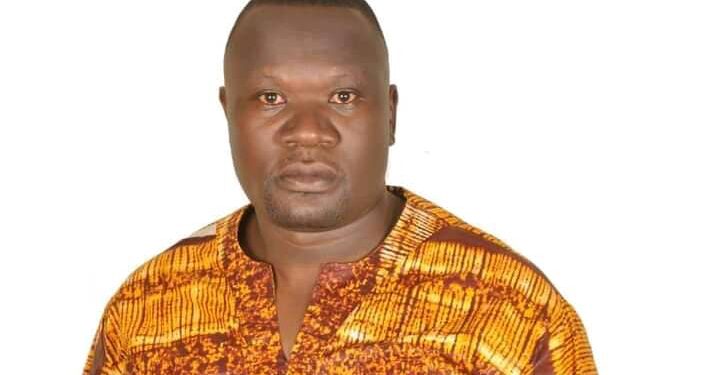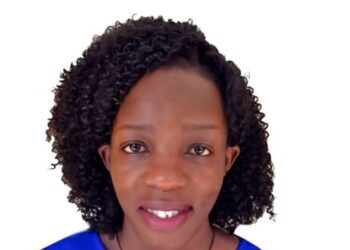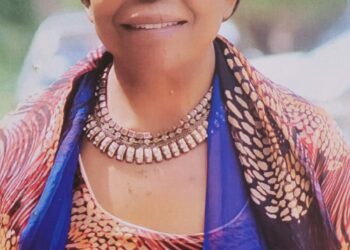Today, Uganda joined the rest of the world to commemorate International Women’s Day. The celebrations aimed to point out the achievements and contributions of women and girls in different spheres of society.
Generally speaking, the day recognizes the sacrifices, work and role of women in society and promotes gender equality and equity.
The United Nations Development Programme in Uganda says gender equality is not only a fundamental human right but also a pre-condition for sustainable development. The agency presents that providing women and girls with quality education, health care, decent work, access and ownership rights over property and technology, and equal participation in political and economic decision-making processes will lead to social, and economic transformation.
Over the years, Uganda has made tremendous efforts in promoting women’s emancipation through affirmative action in politics, education, and many other sectors. And to buttress these efforts, the 1995 Constitution stresses the need for equality between men and women.
The Uganda Women Empowerment Programme (Uwep), for example, is one such programme. The government initiated this in addition to many other schemes to help improve the social economic well-being of rural women aged between 18 and 65 years. However, even with all the endeavours, women still face a lot of challenges, especially in rural communities. For instance, many women still experience financial exclusion, gender-based violence, employment imbalance, and asset ownership deprivation.
Last year, the first deputy prime minister and minister for East African Affairs, Ms Rebecca Kadaga underscored the need for a sustained push for women’s rights, especially in workplaces.
“Today, women still have to make a chchoosetheir babies and their jobs, [which should not be the case if we want to attain gender equality],” she said. She added that she had continued to advocate for better facilities for women in education in educational and urged women to continue breaking the barriers. There have been complaints on social media by women who say they are only thought of to appear in panels of discussion in March and no one gives them an ear during the rest of the year.
Much as we continue pushing the relevant authorities to implement policies that uplift the girl child, we also call upon the women in leadership and places of influence to step up and help level up the field. This demand for emancipation should be multi-pronged; by both men and women.
Nonetheless, the achievements registered in the 37 years of the NRM Government are written on the wall for everyone to see.
Uganda has an active women’s movement that has navigated the treacherous landscape of Ugandan politics and has made significant gains. After Museveni took over in 1986 following a brutal civil war, the women’s movement pushed for increases in female political representation at all levels. Today, women hold 46% of local government positions, 33% of parliamentary seats and 43% of cabinet positions. The movement has also fought for and won significant legal reforms.
With women holding very powerful positions both in cabinet and public service, the gains are undeniable.
Vice President, Jessica Alupo, Prime Minister, Robinah Musafiri Nabbanja, Speaker of Parliament, Anita Among Magogo, Presidency, Milly Babalanda, Kasule Lumumba, Minister for General Duties and former NRM Secretary General, Barbara Nekesa, National Treasurer, NRM, Health, Ruth Aceng, East Africa and Deputy Premier, Rebecca Kadaga, Directorate of Public Prosecutions, Jane Frances Abodo, Inspector General of Government( IGG) Betty Kamya, among others is an unprecedented feat on the African continent.
As we celebrate our women, therefore, let us remain conscious of the far we have come and the far we are headed, lest we lose what we have while chasing what we have not. “Mzee tova ku main.”
The writer is the Deputy RCC For Soroti East Division
Do you have a story in your community or an opinion to share with us: Email us at editorial@watchdoguganda.com













